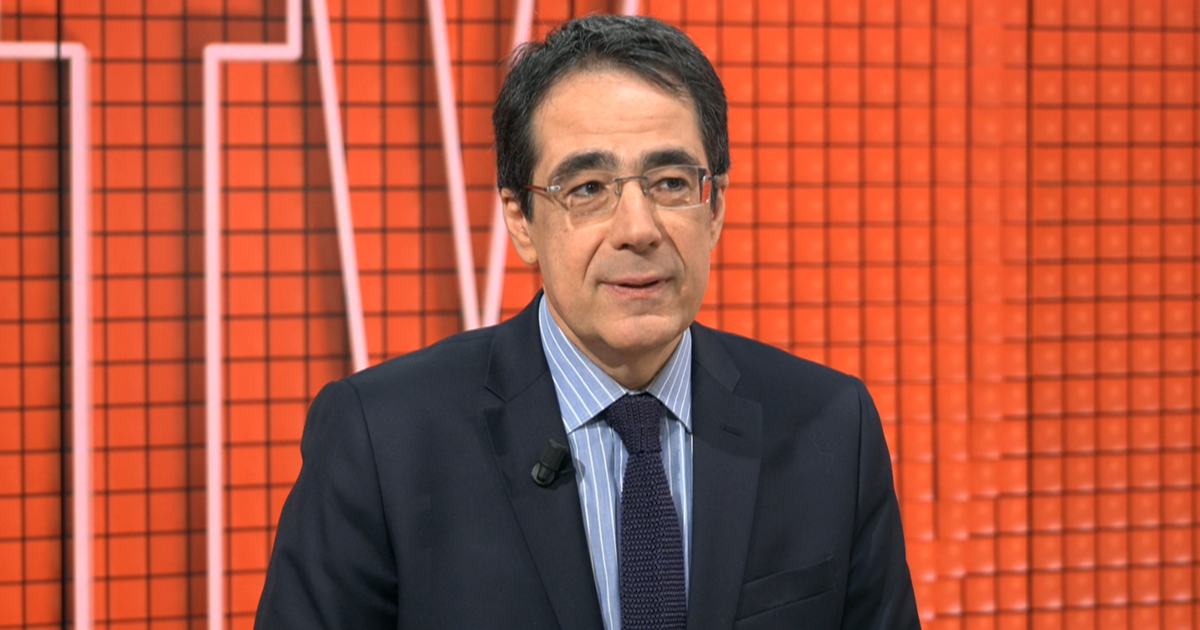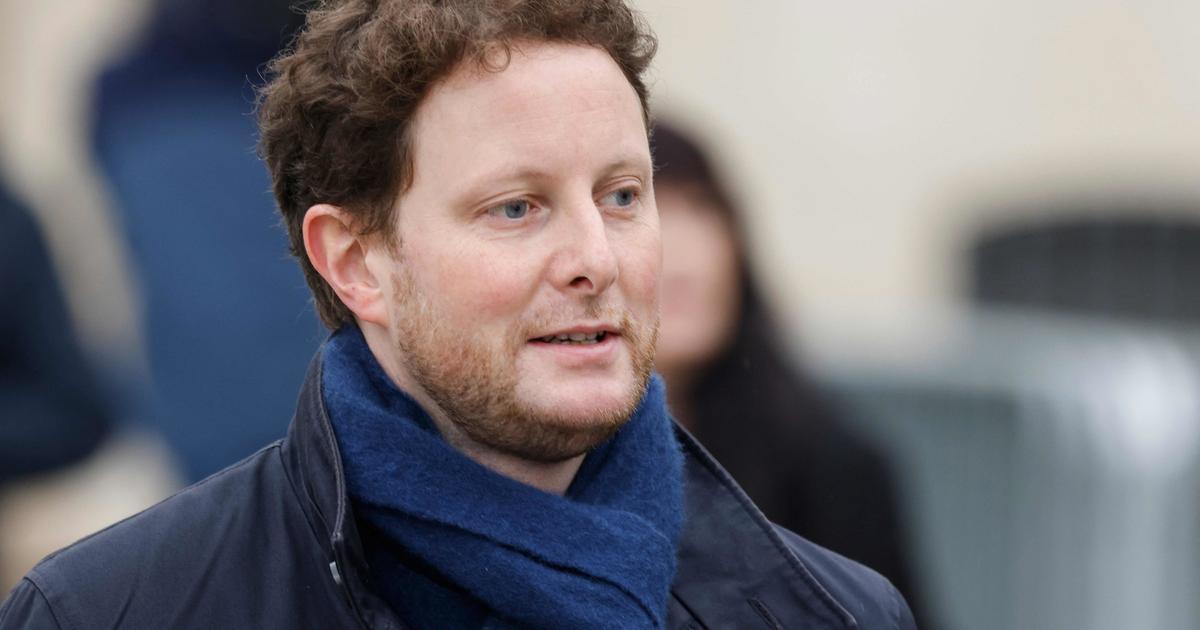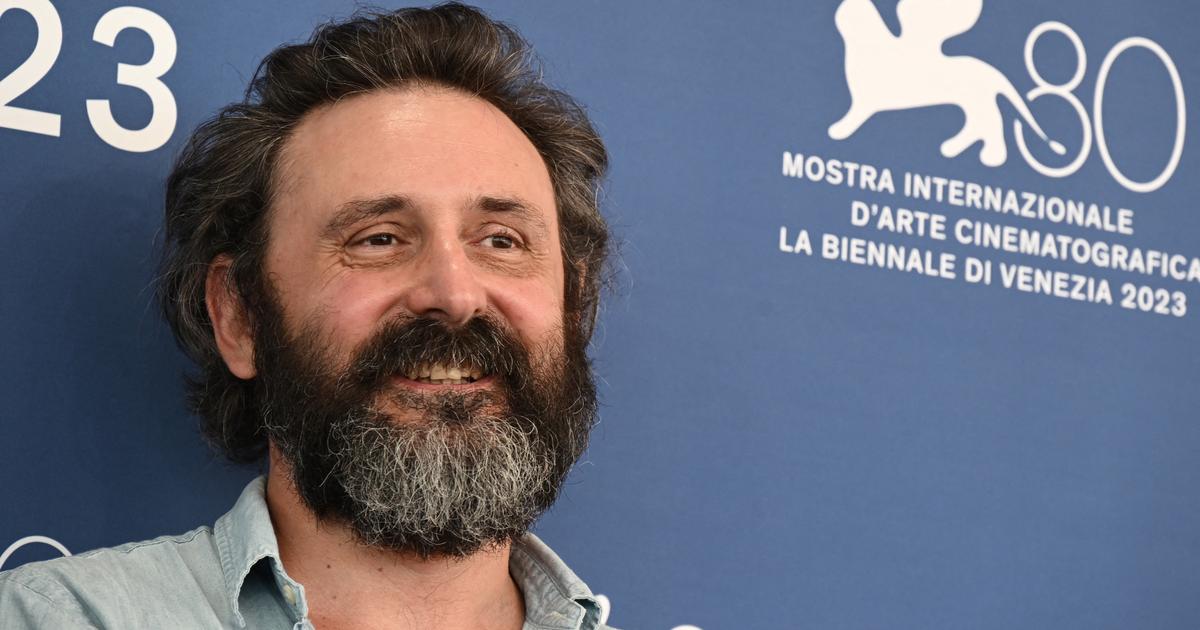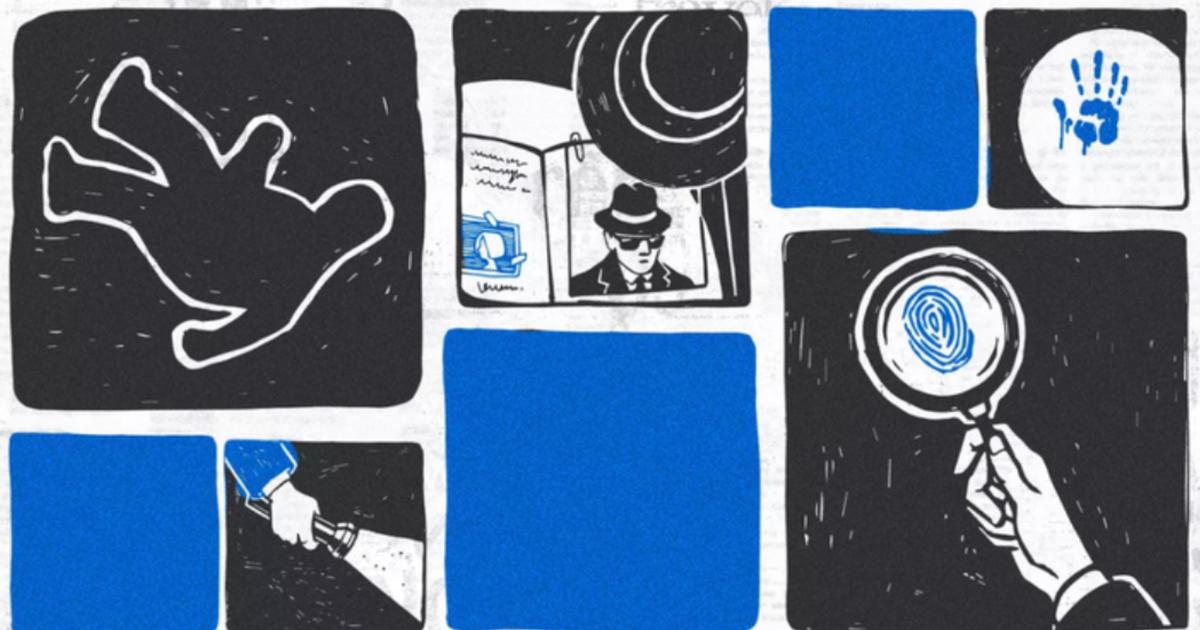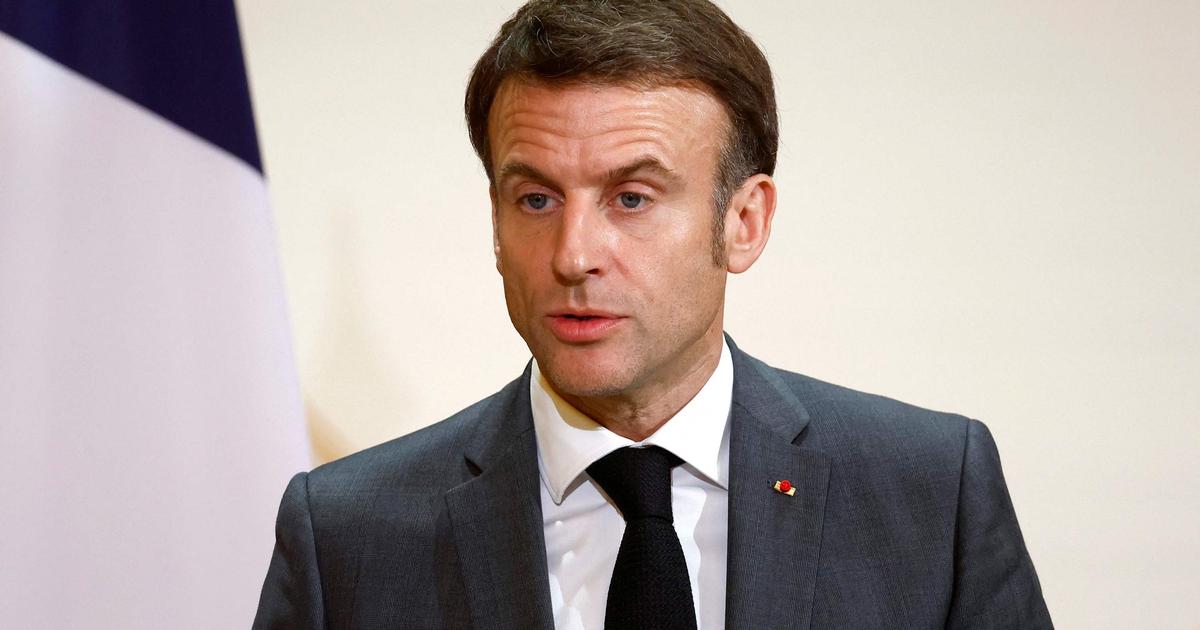Chapter 26
1. Brain fog
Mohamed Abrini and Salah Abdeslam are childhood friends, having grown up together in Molenbeek.
Due to the alphabetical order they are also together on the bench.
They often chat, they laugh on the sly: the president separates them.
The two have announced that they would speak and even make revelations when we finally get to November 13;
well, we have already arrived, after kilometers of telephony, surveillance cameras, highway geolocations.
We start with Abrini, who has put on a white shirt.
The president, affable, authorizes him to remove his mask, and then he says: “You are right, Mr. President: masks out!”
With this same theatrical tone so unlike him, he continues: “We all wear masks, but sometimes it is difficult to take them off without ripping the skin”,
a phrase that a quick search allows us to attribute to the Quebec novelist André Berthiaume;
the references of the jihadists never cease to amaze us.
More information
All the chronicles of Emmanuel Carrère on the trial of Paris
Abrini's revelations boil down to this: "I was included on the 13th."
In other words: “I was not the simple companion that I have pretended to be throughout the entire instruction and that I went to say goodbye to my friends.
No, I had to explode with them”.
Why didn't you?
This is where things get confusing.
Let's recap.
In September, Abrini met in Charleroi with Abdelhamid Abaaoud who, having returned clandestinely from Syria, was working on the preparation of the attacks.
Without going into details, without specifying where or when, Abaaoud tells him that he is counting on him.
Abaaoud has a great influence on Abrini.
He cannot refuse to do what he asks, he cannot "confront him".
Then "I don't say yes or no, I don't say anything", and the following weeks he acts as if they had not spoken.
work in the cafeteria
Delicine
from Molenbeek, prepares her wedding.
Deep down she knows that she can't indiscriminately kill people on the street and blow herself up.
But she does not dare to confess it and participates in the preparations together with Salah Abdeslam: rental of vehicles, safe houses, acquisition of pyrotechnic material.
The Prosecutor's Office points out that they do all this without taking the slightest precaution, with their faces uncovered, like those who know that caution is unimportant because they are going to die anyway.
"Yes, well," says Abrini, "I still didn't know, it wasn't clear to me, I had mental confusion, I hoped to go unnoticed."
The 12th arrives and the famous "convoy of death", according to Abrini's own expression: the three cars that leave Charleroi in the early afternoon and arrive at the end of the day in the outskirts of Paris.
From the beginning of the trial it is a mystery what happened in the Clio in which Abrini and the two Abdeslam brothers were travelling.
They ask you: “How would you describe the atmosphere in the car?
Would you say it was a good atmosphere?
“Well... it was quiet.
Brahim had put a
nasheed CD
[Muslim music]...” “But you told him you weren't going to participate?”
Here Abrini gets confused, he doesn't remember well, confusion reigns in his head.
Still: there had to be a moment when he said to someone—to Abaaoud?
Brahim?" "No, he wouldn't.
Or not, and until the last minute he didn't dare tell anyone.
But if this is true, how to reconcile it with the most surprising of his revelations? Salah, unlike him, would not participate in the attacks?
Always at the last minute, they would have ordered Salah to take the explosive vest left free by Abrini's defection.
At this moment, all eyes converge on Abdeslam: he does know if it is true or not.
Will he confirm it tomorrow?
The convoy arrives at Bobigny.
Has Abrini spoken?
How did Brahim react?
Has Brahim already appointed his younger brother Salah as Abrini's replacement, and how did Salah react?
We don't know anything, the fog persists in Abrini's head.
"I have the feeling that he is like in a dream."
I want to go back, keep going.
Now they are all together in the chalet that Abrini, together with Brahim, rented the day before.
“We unload the trunks of the cars, we line up the
kalashnikovs against a wall
and explosive belts.”
Has Abrini finally spoken?
With who?
He doesn't remember.
Nor does he remember what time he leaves the chalet.
Quite late, he leaves alone, in any case.
He walks to Noisy-le-Sec, has dinner at a pizzeria, at midnight he calls a taxi that takes him to the station where he intends to catch a train to Brussels.
The most plausible explanation for this totally erratic behavior is that he has not dared to say anything to anyone and has left the chalet under the pretext of smoking a cigarette to flee as if all the demons of hell were on his heels.
This is confirmed by his next initiative: as expected, there is no midnight train to Brussels at Noisy-le-Sec station, and instead of staying in a room at the nearest Formule 1 hotel, Abrini convinces the taxi driver to let him take for 450 euros to Brussels,
He pays 300 euros in cash, gets out of the taxi near a bar where he assures that he will get the remaining 150 euros and leaves the too gullible taxi driver.
narrative cut.
On the afternoon of Friday the 13th, Abrini is with his fiancée, signing the rental contract for an apartment in which they write down the figures of the meters, pay the deposit and receive the keys.
This visit to the apartment, in a state of total dissociation, is a scene from Dostoevsky, and there was no less confusion in the head of the student Raskolnikov after murdering the old usurer, nor were the answers he gave to the examining magistrate Porfirio more coherent. Petrovich.
We do not know where Abrini is when the news of the Paris attacks breaks out.
We know that since then and for four months he will go from one safe house to another.
"I felt stuck in a gear," he will say.
"I did not want to participate in the actions that were being prepared, I did not want to leave either, I spent my days in a cloud of indecision, playing with the PlayStation."
He reappears on March 22, pushing a cart at Brussels Zaventem airport, accompanied by Najim Laachraoui and Khalid El Bakraoui, who are blown up.
Also this time, Abrini escapes at the last minute.
2. “Not out of cowardice...”
The next day it is Abdeslam's turn.
He has promised that he will speak.
Only he can deny or confirm Abrini's revelations.
He is the only one who can tell us if he took
the place of his childhood friend
in extremis , if his explosive belt did not work, if he gave up activating it.
Perhaps they have agreed, the two of them or his lawyers.
Huge expectation.
And theatrical blow: today he will exercise his right to silence.
Without further ado, he doesn't have to explain it.
The president, devastated, insists.
In vain.
Everyone insists.
In vain.
However, at the end of the hearing, a lawyer for the civil part appeals to her good heart with such condolence sweetness that he agrees to talk about her girlfriend, whose tears he is sad to have caused.
Then he talks about the explosive belt, which he desists from activating "not out of cowardice, not out of fear, but because he didn't want to do it", and says that he was careful to deactivate it before throwing it in a garbage can to prevent women or children from being injured. playing with him.
Selective responses, all for his benefit.
In this trial, the accusation is always restrained, and yet the public prosecutor, Nicolas Le Bris, says, with cold anger: “Salah Abdeslam had promised to give explanations and he doesn't.
He pretends to be an important figure, he plays
teasing
(scoffs) and stays silent to enjoy the reactions it provokes.
There is not a drop of bravery in you, Mr. Abdeslam: it is pure and simple cowardice”.
I fully subscribe to these words, but they do not solve the problem: Salah Abdeslam, who has found it so pleasant to speak, what does he not want to say?
©
L'Obs
.
Translation by Jaime Zulaika.
This chronicle, written for
Le Nouvel Observateur
, is published in
La Repubblica
, EL PAÍS and
Le Temps
.
Exclusive content for subscribers
read without limits
subscribe
I'm already a subscriber

/cloudfront-eu-central-1.images.arcpublishing.com/prisa/S6KAC3RCE5EMPFULPDMOWLAZBY.jpg)
